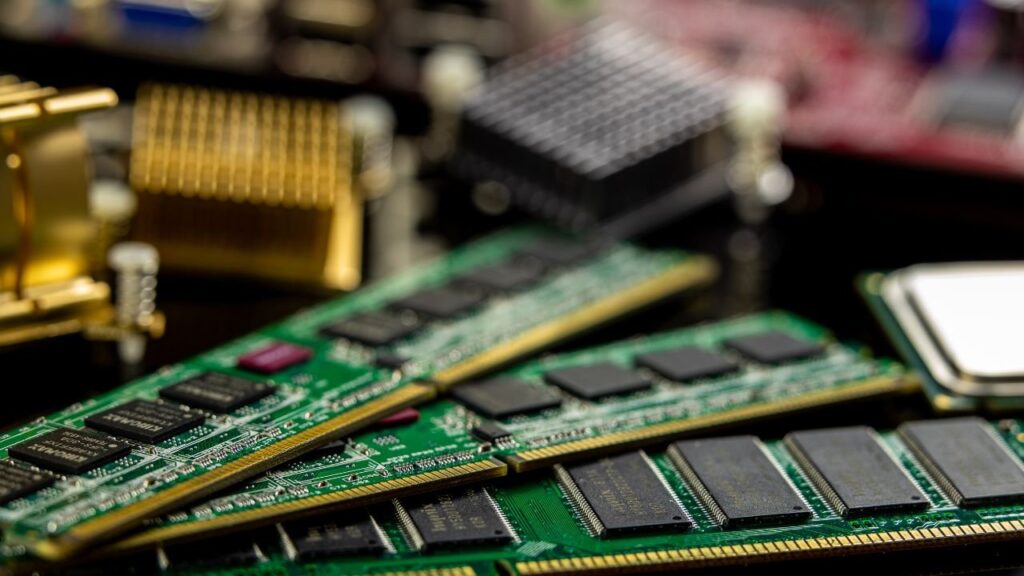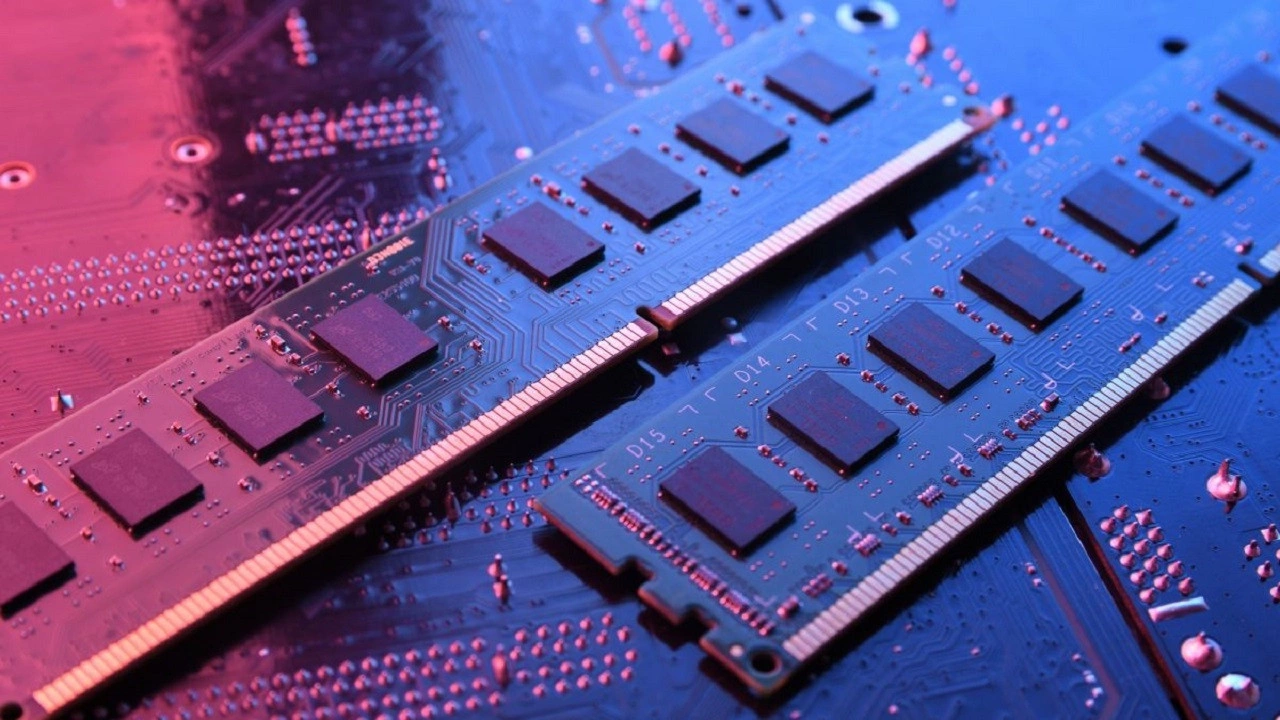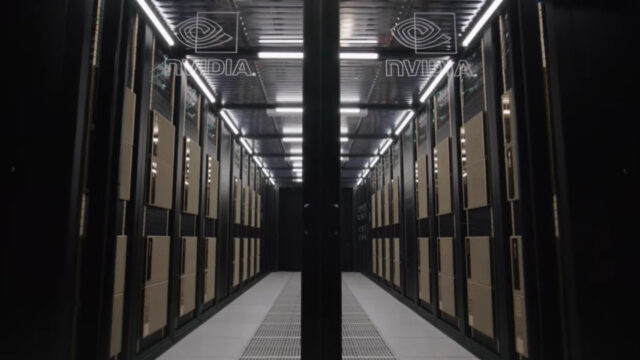In recent days, there has been a development in the technology world that has excited many. Quinas Technology, founded at Lancaster University, has invented a new data technology called ULTRARAM, capable of storing data for thousands of years.
ULTRARAM will change everything!
The invention, which was also awarded a significant prize at the Flash Memory Summit event, is much more durable, faster, and consumes much less power compared to its counterparts. If this technology can be put into mass production and reach wide audiences, a massive increase in overall productivity worldwide is anticipated. Of course, such an increase will also lead to a noticeable economic growth.

The estimated total volume of the sector is $165 billion, currently dominated by DRAM and NAND Flash technologies. While DRAM is very fast and robust, it also requires constant data refreshes, making it unstable. NAND Flash, on the other hand, is more stable but significantly slower and less durable. ULTRARAM combines the best aspects of both technologies while almost completely eliminating their disadvantages.
ULTRARAM, applying a quantum mechanics technique called the echo tunnel, operates super fast while remaining highly stable and consuming minimal energy. This ensures high durability and long lifespan. Additionally, its non-silicon-based nature, unlike many of its competitors, is also an intriguing detail. Many believe that this invention will pave the way for groundbreaking advancements in the technology sector, with many ULTRARAM-based initiatives already underway.
ULTRARAM is claimed to consume 100 times less power than DRAM and a whopping 1000 times less than NAND Flash. At a time when data centers consume a significant amount of energy and environmental sustainability trends are becoming increasingly prevalent, such technology seems to be just what we need.
What do you think about this topic? What do you think ULTRARAM will change? You can easily share your opinions with us in the comments section below. Your opinions are valuable to us.




 Shiftdelete.net
Shiftdelete.net









